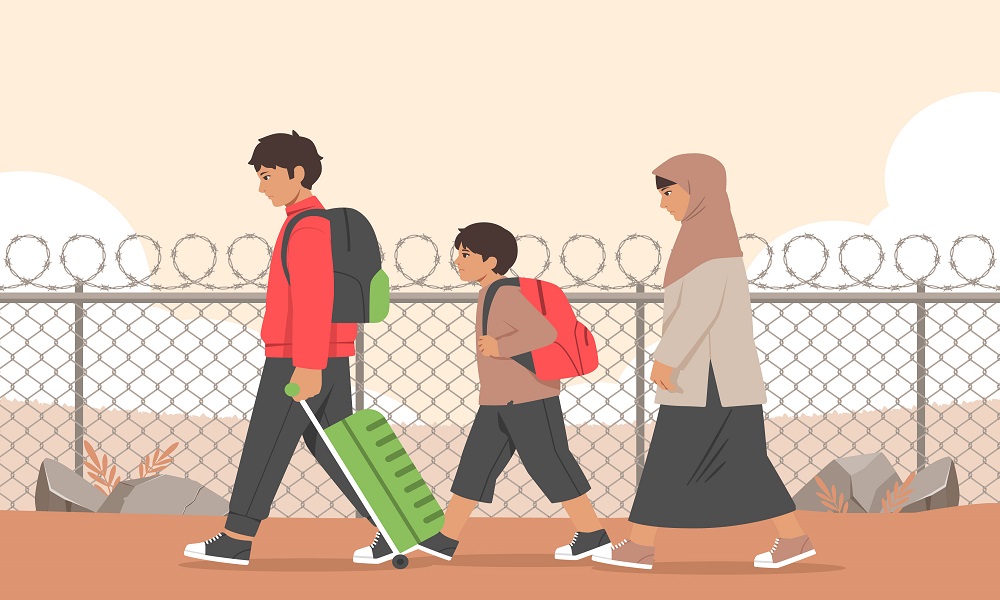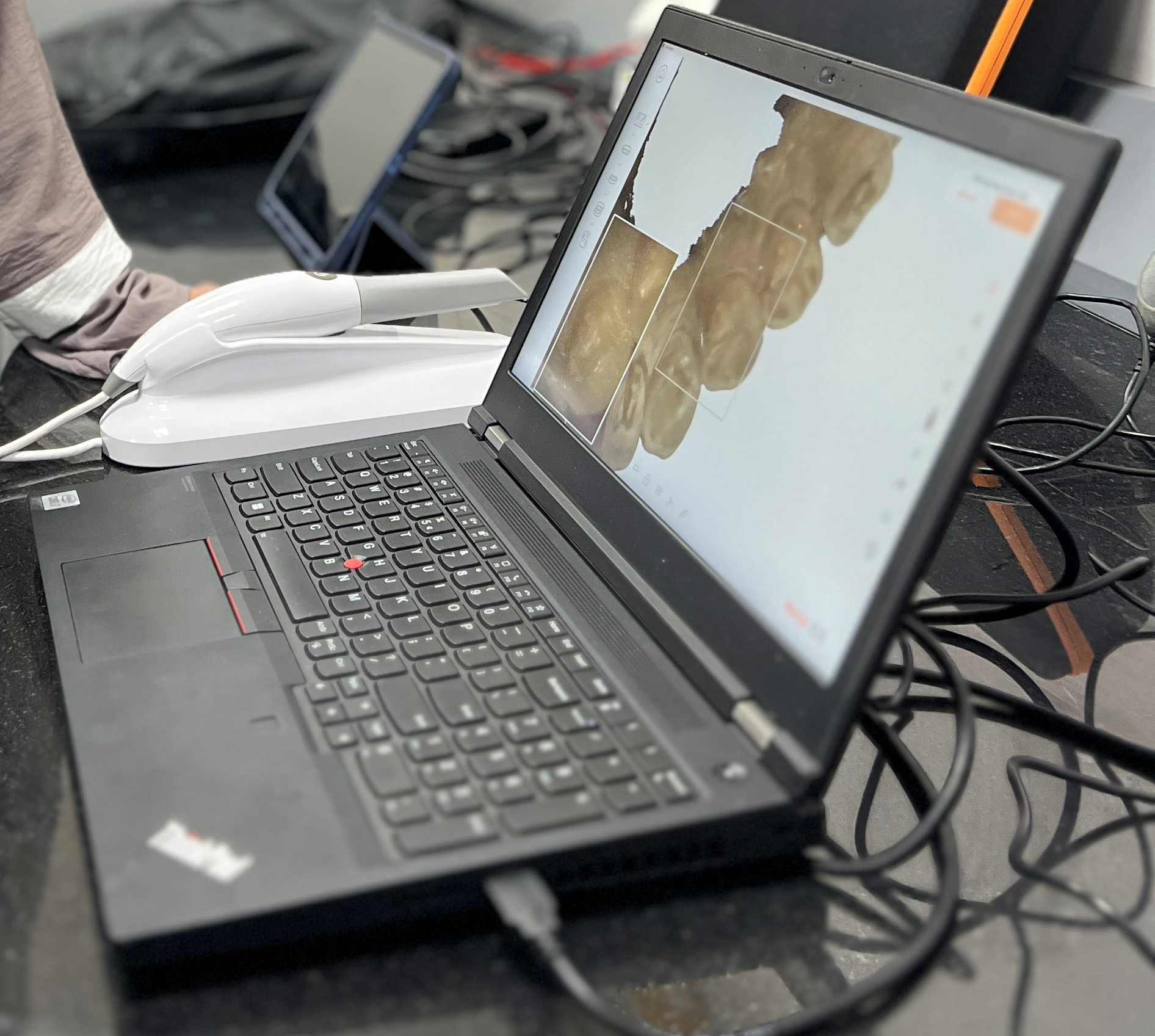The Indian economy was slowing down in early 2019 much before
the coronavirus outbreak that began in China at the end of that year and soon
engulfed the world transcending socio-economic and geo-political borders. The second
quarter (July-September 2019) of the financial year ended March 2020 witnessed
a drastic fall in gross domestic product (GDP) growth rate to 4.5 percent, the
lowest in the previous 6 years.
Life went on as normal as myriad experts / talking heads on
media channels spun their versions of the economy through charts and figures
which always seemed to be based on some English alphabet shaped recovery or
drop (W, V, N, U take your pick). Real estate, automobile, construction
and consumption were all under stress. Then along came Covid 19 and broke the
proverbial camel’s back. The economy ground to a halt and large scale
devastation ensued across the economic landscape of our country.
The Corona virus Lockdown from the end of March 2020 has
brought to the forefront the human cost of the exploding Migrant labour crisis in
India. Within the fist weeks, across India we were inundated with images of
migrant labour, facing loss of jobs, livelihoods and shelter using increasingly
desperate measures to get back home including walking back thousands of
kilometres on our highways, packed tightly in any form of transport they could
arrange with their meagre resources, including trucks, trains, autos and
bicycles. In desperation no one observed social distancing guidelines and the
invisible enemy, Covid19, spread its tentacles across the nation. It was a
reverse migration to the villages with no parallel in the annals of independent
India.
According to latest figures from the MHA, India has more than
4 crore migrant workers engaged in different parts of the country, out of which
75 lakh workers have reached home. It makes no mention of the innumerable
people still on the road or waiting to leave for the simple reason that the
vast majority of these workers are invisible to the system. They are caught in
a strange no man’s land, cut off from
both State and Govt initiatives /entitlements at the ‘origin’ where they come
from and the ‘location’ where they work.
This gigantic labour force inclusive
of regular daily wagers and agricultural labour across the country is one
of the foundation pillars of our
economy (since MSMEs employ maximum migrant workers and contribute 30%of the
GDP and about 50% of our exports).
The cyclic and ever changing nature of their work means that the workers are
caught in a perfect storm of poverty, low skills, lack of collective bargaining
power and an overall trend toward contract labour (The share of contract workers in
total employment increased sharply from 15.5 per cent in 2000-01 to 27.9 per
cent in 2015-16, while the share of directly
hired workers fell from 61.2 per cent to 50.4 per cent over the same
period- Hindu business line 2019)that leads to exploitation.
The fact that a very small percentage of migrant labour
actually has access to a social security net of any kind and state governments
across India are trying to make labour laws even more tilted towards industry
post-Covid to improve competitiveness, throws in sharp relief the magnitude of
the problem. The rot runs deep.
This hold true across India, whether it’s the Gem and
Jewellery / Textile workers in the urban centres in Maharashtra and Tamil Nadu,
the construction labourers in Delhi, the agricultural labourers of Malwa in Punjab or Chikkamagaluru in Karnatka,
sugarcane fields of UP, Bihar or the tea plantations in the North Eastern states.
The dark underbelly of our economic system has been exposed
baring for all the systemic exploitation and oppression of labour at the bottom
of our social pyramid that have fuelled the Indian economic boom.
The reality of innumerable migrant
workers trudging back towards their villages, of death, starvation and
hopelessness on our highways, of a system that largely abandoned them should shake
our collective apathy. Millions denied pay,
shelter, dignity, treatment and left to fend for themselves in a nationwide lockdown. These unprecedented
events shine the light on us as a society for how we treat the weakest amongst
us says a lot about who we are, both as human beings and as Indians.
Within this litany of bad news,
there is a silver lining as well. Tales of individual bravery and redemption like that of the 15 year old girl who cycled
1200 kilometres to bring her father home, a man who stuck by his dying friend
on a lonely road, or the stranger who helped a disabled man on a tricycle by
pushing it for 5 days to his home in UP.
For every capitalist, businessman and landlord in India who has turned out migrant workers to fend for them, there are examples of individuals and organizations that have risen to the occasion. There are Industries that have retooled to make essential supplies and equipment (Maruti for ventilators) and Sai Synergy (PPE), those who have given raises to their workers instead of firing them (Asian Paints, HCL), or closer home UID thatin one of its first decisions chose to make a commitment to protect the jobs and livelihoods of all its Class IV employees.
In every sector there are examples of employers
doing their best to protect staff in the wake of the Coronavirus but are vastly
outnumbered by stories of those who have shown little regard for their
employees’ welfare, using Covid 19 as an axe over their employees. The gap
between what organizations say and what they do is increasingly under scrutiny.
The shared experiences of indignity, indifference
and injustice by migrant and contract labour will fundamentally alter industry
labour relations in the decades to come. Concepts of migration, labour loyalty
and remuneration will be altered in ways that we cannot begin to imagine today.
The coming labour shortage will force a day of reckoning for those who
abandoned their workers in their time of need, just as those who stood by them
will be remembered.
The words, “accha company hai, karigar ko dhokha nahi
deta” in Hindi and various Indian languages literally translating to
“it’s a good company, doesn’t betray it workers will slowly filter amongst the
work force creating a word of mouth and a reputation it takes decades to build
and HR departments will give and arm and a leg for.
The Covid pandemic is both a health crisis and a
crisis of our conscience as a nation. It is a wakeup call to all of us to
create a more inclusive human centred economy that takes care of the weakest
sections of our population. There is a need for a balance between competitiveness,
industry and the need to create jobs on one hand and worker welfare and dignity
on the other.
They need us today and tomorrow to get the economy
back on track, we will need them. That simple fact and stark reality should
guide all our decisions.
(Added Data from study by Stranded Workers Action Network (SWAN), a group of 73 volunteers comprising academics, activists and students, who spoke to 640 groups of stranded migrant workers adding to 11,159 individuals between March 27 and April 13). Click here to read.
Author:
Rudrajit Bose, Assistant Director, Lifestyle Accessory Design, Unitedworld Institute of Design (UID)
Disclaimer: The opinions / views expressed in this article are solely of the author in his / her individual capacity. They do not purport to reflect the opinions and/or views of the College and/or University or its members.






